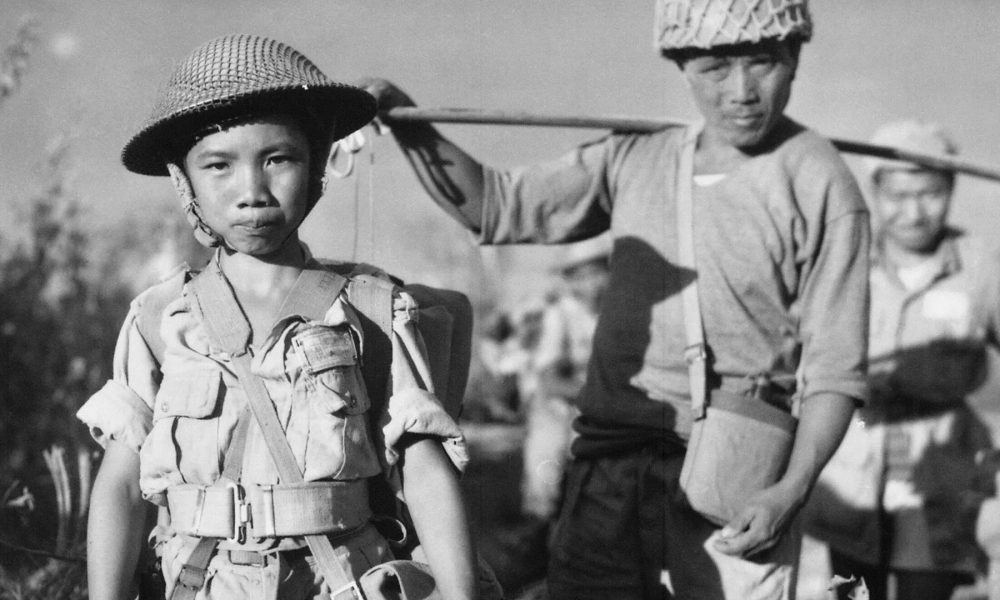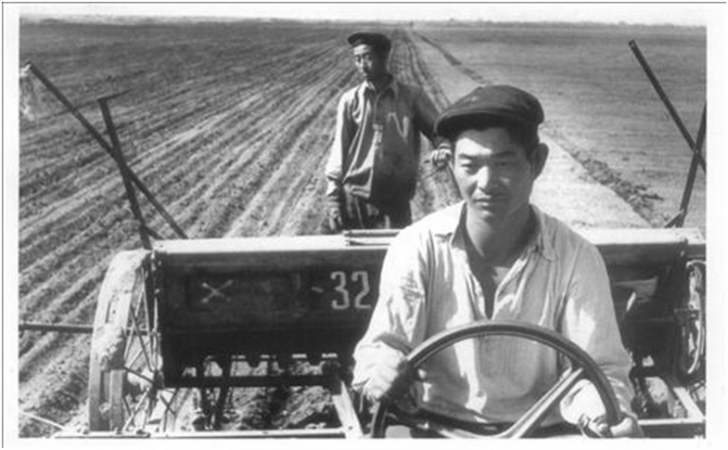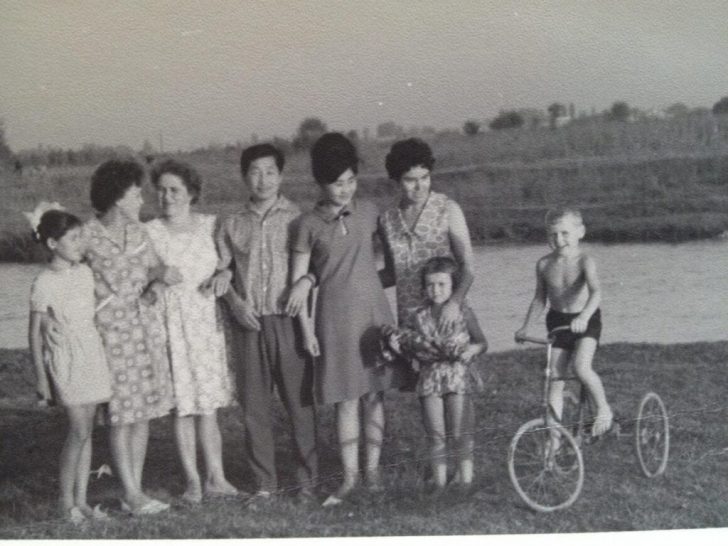
Koreans in Uzbekistan: A Look Back at the Untold Side of History

The story of Koreans in Uzbekistan is a fascinating chapter in world history, yet it remains largely untold. This tale begins in 1937 – during a turbulent period of global tension – when the Soviet Union forcibly relocated thousands of ethnic Koreans to the republics of Uzbekistan and Kazakhstan. Growing suspicions that these Koreans could be spies for the Japanese empire – combined with increasing xenophobia – led to a shocking mass deportation order from Soviet leader, Joseph Stalin.
For many, the idea of Koreans living in Central Asia seems surprising. How did they get there? Why were they targeted by the Soviet government? These questions offer a glimpse into the often-overlooked human impact of political paranoia, war, and survival.
The Mass Deportation of Koreans in Uzbekistan
Koreans in Uzbekistan trace their roots back to the mass deportations that took place under Stalin’s rule. Fearing that Koreans living near the Russian Far East might be collaborating with the Japanese, Stalin signed a decree in 1937 to forcibly relocate nearly 172,000 ethnic Koreans. Most were sent to Kazakhstan and Uzbekistan – far away from any potential influence from Japan.

History / The agricultural expertise of the deported Koreans played a crucial role in transforming the barren lands into productive farmlands.
Upon arrival, Koreans faced harsh living conditions. They were dropped in unfamiliar, often inhospitable environments, without adequate housing, food, or resources. Despite these challenges, the Koreans in Uzbekistan showed incredible resilience.
Over time, they began to build new lives, forming tight-knit communities and contributing to the agricultural development of the region. Though they were forcibly removed from their homeland, their enduring spirit became a cornerstone of their survival and success.
Life in Uzbekistan
Life was tough for the Koreans in Uzbekistan in the early years of their deportation. The majority were placed in rural areas where they were expected to farm. However, the conditions were grueling. They lacked the necessary tools and familiarity with the Central Asian terrain.
During World War II, the Korean community faced further hardship, as the Soviet government tightened control and resources were scarce. Despite this, their contributions to agriculture helped supply food to the Red Army, strengthening their reputation as a hardworking and loyal community.
Over the years, Koreans became integral to Uzbekistan’s agricultural economy, particularly in growing rice, corn, and cotton, which were vital crops for the Soviet Union.
Cultural Identity and Adaptation
One of the most remarkable aspects of the Koreans in Uzbekistan is how they managed to maintain their cultural identity while adapting to their new surroundings. Despite being cut off from their homeland, they preserved their language, traditions, and customs.

AJ / Over time, Korean schools were established, and cultural festivals became an essential part of their community life. This was to ensure that future generations would not forget their roots.
However, integration into Soviet society also required some compromises. Many Koreans learned Russian and Uzbek to better assimilate into the local culture. Intermarriage between Koreans, Uzbeks, and other ethnic groups in the region became more common. As a result, the identity of Koreans in Uzbekistan became a blend of their Korean heritage and Central Asian influences, creating a unique cultural hybrid.
Despite these challenges, the Korean-Uzbek community continued to make remarkable contributions to the country’s development. Today, they are known for their success in various industries, including business, education, and the arts. The community is also actively engaged in preserving its cultural heritage, with organizations and cultural centers that promote Korean language education and traditions.
Today, there are approximately 177,270 South Koreans in Uzbekistan who are called Koryo-Saram.
More in Culture
-
`
How Many Stock Trading Days Are There in a Year?
Ever wondered how many stock trading days in a year? For those planning their investment strategies, knowing this can be crucial....
July 16, 2024 -
`
Is Volvo a Luxury Brand? Here’s What Sets The Automaker Apart
Have you ever cruised down the highway and admired a car that exudes a quiet confidence, a refined elegance that sets...
July 9, 2024 -
`
Is Robotics A Sport? Here’s Why It Should Be
Is robotics a sport? This question has sparked debates across the globe. But it is about time we seriously consider it....
July 5, 2024 -
`
Is Gwyneth Paltrow Jewish?
In the vibrant tapestry of Hollywood’s diverse cultural backgrounds, Gwyneth Paltrow stands out with her unique blend of heritage and faith....
June 25, 2024 -
`
Why the WNBA Has a Long Way to Go to Generate ‘Reliable’ Revenue
The WNBA has made significant strides in recent years, but generating reliable revenue remains a challenge. Caitlin Clark, the Indiana Fever’s...
June 19, 2024 -
`
12 Most Luxurious Cars in the World to Consider Buying in 2024
The automotive industry continuously pushes the boundaries of luxury, and 2024 is no exception. This year, the most luxurious cars blend...
June 13, 2024 -
`
A Quick Step-By-Step Guide on How to Use ChatGPT
In an era where artificial intelligence transforms daily interactions, understanding tools like ChatGPT not only enhances productivity but also bridges the...
June 7, 2024 -
`
Who Won the Rap Beef? Kendrick Lamar vs Drake
The year 2023 witnessed an epic clash between two titans of the hip-hop realm, Kendrick Lamar and Drake. Their long-simmering feud...
May 29, 2024 -
`
What is Equity in Business and How to Calculate It?
Think of your business as a dynamic project. You start it using your own money and resources. As your business expands,...
May 22, 2024















You must be logged in to post a comment Login